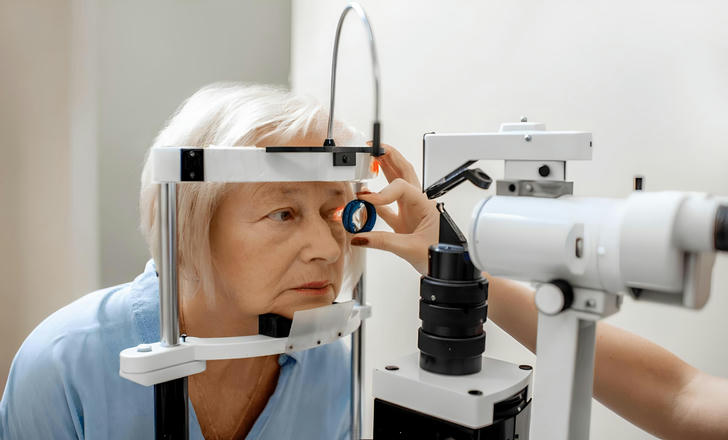👁️ Laser Eye Surgery for Older Adults in the UK: How Age Influences Procedure Choices and Pricing
Laser eye surgery has become a widely considered option for improving vision, especially among individuals aged 45 and above who seek greater freedom from glasses or contact lenses.

This guide outlines the Laser Eye Surgery UK cost, price trends based on age, and key considerations for older adults evaluating whether this procedure is right for them in 2025.
💷 Laser Eye Surgery Price by Age Group (2025)
As individuals reach their mid-40s and beyond, vision changes such as presbyopia (age-related difficulty focusing on close objects), dry eye, and early signs of lens clouding become more common. Laser eye surgery offers a way to reduce reliance on glasses, but its suitability and cost may vary with age and underlying eye health.
Here’s a breakdown of average laser eye surgery costs in the UK for adults aged 45 and over, based on 2025 estimates:
| Age Group | Common Vision Changes | Estimated Cost Range (per eye) | Recommended Options |
|---|---|---|---|
| 45–49 | Presbyopia onset, mild dry eyes | £1,400 – £2,000 | LASIK with monovision, SMILE |
| 50–59 | Lens aging, progressive presbyopia | £1,500 – £2,300 | SMILE, PresbyLASIK, Refractive Lens Exchange (RLE) |
| 60–69 | Early cataracts, lens thickening, dry eye | £1,600 – £2,800 | RLE, Multifocal IOLs, lens replacement |
| 70+ | Advanced presbyopia, cataracts likely | £1,800 – £3,200 | Cataract surgery with premium lenses |
💡 Note: Prices are based on averages from major UK providers (Optical Express, Optegra, Ultralase) and are subject to change based on clinical evaluation.
👨⚕️ Is Laser Eye Surgery Suitable for Older Adults?
For individuals aged 45 and above, laser eye surgery remains a valid option, but careful medical assessment is essential. Vision changes such as presbyopia (age-related near vision loss) and the early stages of cataracts may affect both eligibility and expected outcomes.
Key suitability considerations for older adults:
• Eye health: Presence of dry eye, corneal thinning, or lens opacity
• Medical conditions: Diabetes, glaucoma, or use of certain medications
• Type of vision issue: Near, distance, or blended correction needs
In some cases, alternatives like refractive lens exchange (RLE) may be recommended instead of corneal laser surgery.
🔍 Common Laser Surgery Types in the UK
| Procedure | Technique | Recovery Time | Notes for Older Adults |
|---|---|---|---|
| LASIK | Corneal flap + laser | 1–3 days | Well-established, fast recovery |
| LASEK | Surface reshaping | 4–7 days | Better for thinner corneas |
| SMILE | Keyhole laser incision | 2–5 days | Less dry-eye impact, suitable for 45+ |
💳 Payment Options Available
Most UK clinics offer structured financing for laser eye surgery:
• low interest payment plans (6 to 24 months)
• Fixed monthly repayments
• No deposit required in some cases
Some private health insurers may partially reimburse treatment costs. NHS generally does not cover elective vision correction procedures, except in medical necessity cases.
❓ Frequently Asked Questions
Can someone over 60 still get laser eye surgery?
Yes, provided eye health permits and cataracts are not advanced.
Is it safe for those with dry eyes?
Certain procedures like SMILE may be more suitable. A pre-surgery dry eye test is common.
Does the surgery eliminate the need for reading glasses?
Depends on the technique. Some procedures offer blended vision correction, but individual results vary.
How long does the correction last?
Many patients maintain clear vision for 10+ years, but some may need enhancements as they age.
✅ Summary
Laser eye surgery is increasingly sought by older adults looking for convenience and visual freedom. With evolving technology, tailored treatment plans, and options suited to those aged 45 and beyond, it continues to be a realistic option for many across the UK in 2025.
Disclaimer: All information reflects publicly available data as of 2025. Individuals should consult with qualified ophthalmologists before deciding on any surgical intervention.
